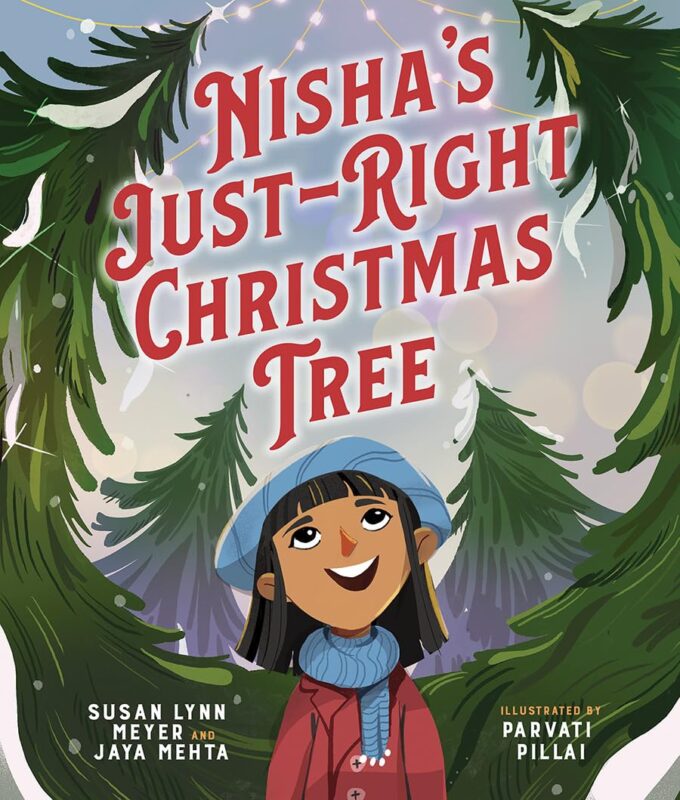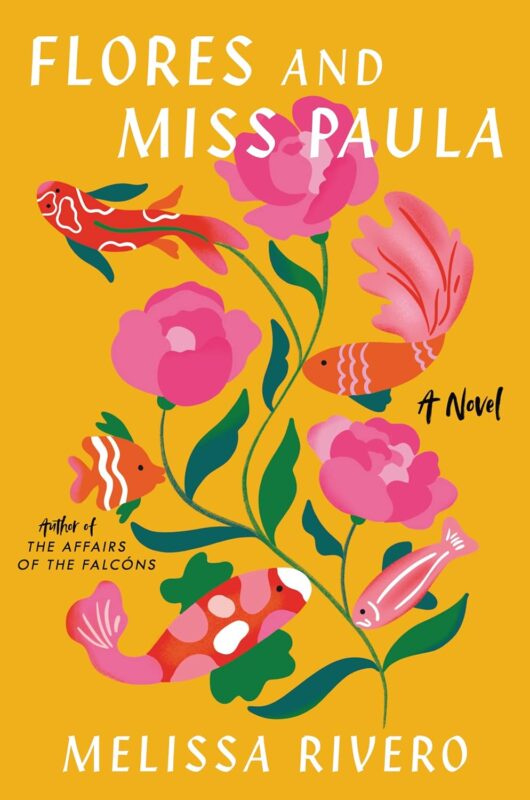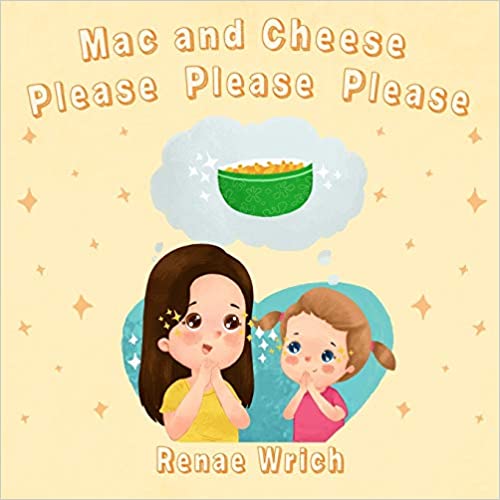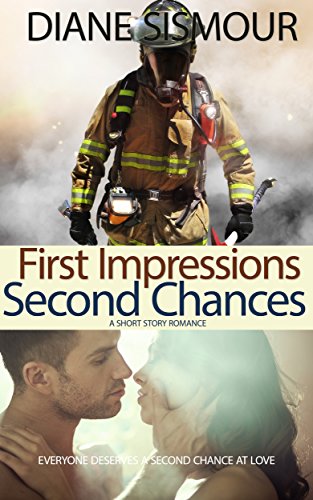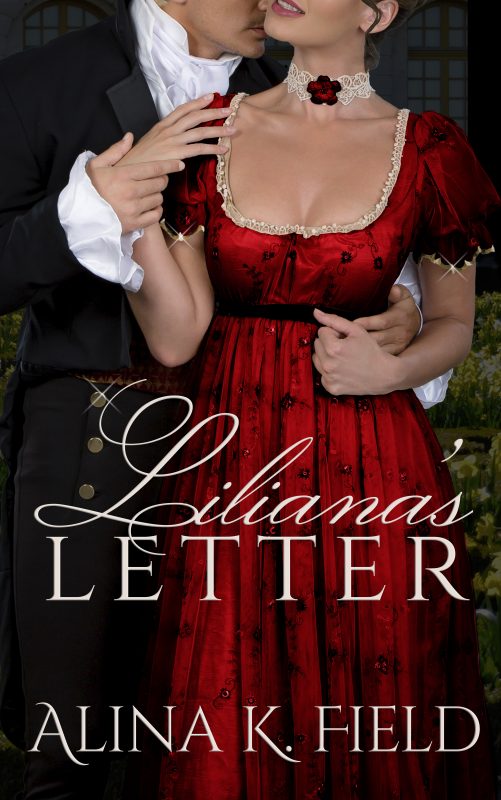Coming Out of the Writing Closet
August 5, 2016 by Kitty Bucholtz in category It's Worth It by Kitty Bucholtz tagged as 2016 RWA National Conference, John Bucholtz, Kitty Bucholtz, middle-grade fiction, Tracy ReedHi OCC Family. I am still recuperating from my first RWA Conference last month. The conference reminded me of one of the trade shows I attend. It’s also like going to a place you’ve always wanted to go. You’re exhausted, but want to see and do everything because it’s your first time and you paid for it.
This month, I wanted to introduce you to a new writer, John Bucholtz. If the name sounds familiar, it should be, because it’s Kitty Bucholtz’s husband. John is new to writing, and I think you’ll enjoy hearing from him.
Enjoy the post and I’ll update you next month on my 12 Titles project.
Tracy
Heeerrrreee’s John…

A couple weeks ago, I chose to come out of the writing closet.
Middle-grade author, husband, artist, funny guy but easily distracte…
Books That Helped Me Start Writing Again #amwriting
July 17, 2016 by Linda McLaughlin in category The Romance Journey by Linda Mclaughlin tagged as #amwriting, Linda McLaughlin, Procrastination, writers blockI’m finally writing again after a long hiatus, thanks to the wonderful Speed Writing class I took this year, taught by M.M. Pollard. Here are three of the books that helped me to get back on track.
The 8-Minute Writing Habit: Create a Consistent Writing Habit That Works With Your Busy Lifestyle
(Growth Hacking For Storytellers)
by Monica Leonelle
Spaulding House, 2015
This book was recommended in the fabulous online Speed Writing class taught by M. M. Pollard for OCCRWA, and it’s the method that helped me break a long-standing writers block. I tried the 8 by 8 Challenge, which required me to write at least 8 minutes every day for 8 days. After the first couple of days, I was writing for more than 8 minutes. And now I have a first draft of my novel. Color me happy.
Manage Your Day-to-Day: Build Your Routine, Find Your Focus, and Sharpen Your Creative Mind
(The 99U Book Series)
by Jocelyn K. Glei
Amazon Publishing 2013
I’ve been listening to the audiobook in the car, and I am really loving this book/ I expect I will read/listen to it more than once. Glei includes lots of ideas from other people, to wit:
Featuring contributions from: Dan Ariely, Leo Babauta, Scott Belsky, Lori Deschene, Aaron Dignan, Erin Rooney Doland, Seth Godin,Todd Henry, Christian Jarrett, Scott McDowell, Mark McGuinness, Cal Newport, Steven Pressfield, Gretchen Rubin, Stefan Sagmeister, Elizabeth G. Saunders, Tony Schwartz, Tiffany Shlain, Linda Stone, and James Victore. Plus, a foreword from Behance founder & CEO Scott Belsky.
I’m not familiar with most of these people, but their ideas are thought-provoking and useful. For instance, setting time aside in your weekly schedule for those big projects, and if someone wants to do something else at that time, just tell them, “Sorry, I have an appointment.” It’s okay to make an appointment with yourself. Another compared time to a jar of rocks. If you put the big rocks in first, the little ones will squeeze in around them. If you fill the jar with little rocks, sand and water, there may not be any room for the big rocks.
A similar idea to that last one is…
Eat that Frog!: 21 Great Ways to Stop Procrastinating and Get More Done in Less Time
by Brian Tracy
Berrett-Koehler Publishers 2007
I’ve only read about 20% of the book, but am finding it quite interesting. The frog quote comes from Mark Twain, who said that if you have to eat a frog, do it first. If you have to eat two frogs, eat the ugliest one first. In other words, tackle the big, important tasks first while you have the energy to deal with them. Good advice. Too bad I don’t take it more often. Guess I better finish reading the book!
But first it’s time to tackle those revisions!
I’m re-working a sensual Western historical romance called Lily and the Gambler. An abbreviated version of the story was published by Amber Quill Press as a mildly erotic romance. I’ve lengthened the book considerably, revised the plot, and plan to self-publish it some time this year. It really does feel good to be writing again.
Linda McLaughlin
aka Lyndi Lamont
website: http://lindalyndi.com
You Can Edit Your Own Work by Connie Vines
July 13, 2016 by A Slice of Orange in category Archives tagged as Connie Vines, editing, Kindle Unlimited. Amazon, OCC Slice of Orange, revision, Self-editing, Selling your novel, writing- When you sit down to do your revision, you must first get organized both physically and mentally.
Royal Magic and The Road to Monterra: Part 2 by Jina Bacarr
July 11, 2016 by Jina Bacarr in category Jina’s Book Chat tagged as Amazon, Confessions of a Podcast Goddess, count, countess, gondola, Italian, Italy, Kindle, magic, New Adult, nobility, novel, pizza, romance, royal, silks, Venice, worlds Is magic what we see or what we think we see?
Is magic what we see or what we think we see?
Find out in ROYAL MAGIC, my next The Royals of Monterra Kindle Worlds story.
I had a time of it getting all the magic tricks down, making sure I walked the characters through the steps without giving it away to the reader. The real magic was creating a girl from South Philly with an ache in her heart to make something right in her family that caused so much pain years ago…and not give the surprise away!
I loved creating this world within Sariah Wilson’s world — I was inspired by what was magic to me when I attended La Biennale...here’s what happened:
Royal Magic inspired by La Biennale, Venice, Italy from Jina Bacarr on Vimeo.
Website: www.jinabacarr.com
Blog: www.jinabacarr.wordpress.com
================
https://twitter.com/JinaBacarr
www.pinterest.com/jbacarr
https://instagram.com/jinabacarr/
https://vimeo.com/user216350
Cool Apps For Writers by Kitty Bucholtz
July 9, 2016 by Kitty Bucholtz in category It's Worth It by Kitty Bucholtz tagged as app, It's Worth It, Kitty Bucholtz, organization, self publishing, self-publishing, Software ProgramsSome of my favorite apps and SaaS (software as a service) software for writers are well-known to many, but just in case you haven’t heard of some of them, I thought I’d share.
Evernote – great for organizing and storing information. I have separate “notebooks” for self-publishing, teaching, business, and more. Within each notebook, I also have dozens of tags that I can use in lieu of filing information in multiple locations. You can use it on your computer as well as your smart phone. Add “Evernote Clipper” to your browser and you can save anything on the Internet with a single click (websites, PDFs, whatever).
BookFunnel – great for giving away your ebook(s) to beta readers, reviewers, giveaway winners, and more. What I love most about this service is that the user answers a couple of short questions about how they want to get their free ebook, and then they get a short video explaining how to get the book onto the appropriate device. No more emails from readers asking how to put the file I emailed them onto their Kindle or Nook.
BookPlanner – great for giving you a step-by-step timeline of all the steps to bring your book to publication. There are several timelines to choose from depending on your needs.
Vellum – amazing for quickly and easily creating all ebook formats. It automatically creates Nook links in the back of the Nook file for all your other books on B&N, Amazon links for all the books you have on Amazon in your Amazon file, etc. Several choices for fonts, flourishes to separate scenes, and much more. Only downside – Mac only.
MyFitnessPal – strange addition to the list? This app is directly responsible for helping me lose 24 pounds in 24 weeks. It will tell you what your daily calorie limit should be based on your age, height, and weight, and the amount of weight you want to lose per week. Hundreds of thousands of foods are in the database so you know not only how many calories you’re ingesting, but fat, protein, carbohydrates, sodium, and sugar as well. Even if you don’t need to lose weight, it’s good to know what you’re really eating. Want to track your exercise as well? Use MapMyRun for your walks, runs, bike rides, and more. Both are available for smart phones and computers, and free to use at the standard level.

Kitty Bucholtz decided to combine her undergraduate degree in business, her years of experience in accounting and finance, and her graduate degree in creative writing to become a writer-turned-independent-publisher. Her novels, Little Miss Lovesick, A Very Merry Superhero Wedding, and Unexpected Superhero are currently available on Amazon. The free short story “Superhero in Disguise” and the new short story “Welcome to Loon Lake” are available wherever ebooks are sold. You can find out about her courses on self-publishing, marketing, and time management for writers at her website Writer Entrepreneur Guides.
Affiliate Links
A Slice of Orange is an affiliate with some of the booksellers listed on this website, including Barnes & Nobel, Books A Million, iBooks, Kobo, and Smashwords. This means A Slice of Orange may earn a small advertising fee from sales made through the links used on this website. There are reminders of these affiliate links on the pages for individual books.
Search A Slice of Orange
Find a Column
Archives
Featured Books
NISHA’S JUST RIGHT CHRISTMAS TREE
Wide like an elephant and tall like a camel. That would be the perfect Christmas tree.
More info →FLORES AND MISS PAULA
Forgive me if I failed you. Remember that I always loved you.
More info →MAC AND CHEESE, PLEASE, PLEASE, PLEASE
They liked macaroni and cheese SO much, if they could, they would eat it for breakfast, dinner, and lunch!
More info →FIRST IMPRESSIONS SECOND CHANGES
Everyone deserves a second change at love.
More info →LILIANA’S LETTER
Hired to help an heiress snare a titled husband, a down-on-her-luck lady dodges her own shadowy past and the titled Lord determined to uncover it.
More info →Newsletter
Contributing Authors
Search A Slice of Orange
Find a Column
Archives
Authors in the Bookstore
- A. E. Decker
- A. J. Scudiere
- A.J. Sidransky
- A.M. Roark
- Abby Collette
- Alanna Lucus
- Albert Marrin
- Alice Duncan
- Alina K. Field
- Alison Green Myers
- Andi Lawrencovna
- Andrew C Raiford
- Angela Pryce
- Aviva Vaughn
- Barbara Ankrum
- Bethlehem Writers Group, LLC
- Carol L. Wright
- Celeste Barclay
- Christina Alexandra
- Christopher D. Ochs
- Claire Davon
- Claire Naden
- Courtnee Turner Hoyle
- Courtney Annicchiarico
- D. Lieber
- Daniel V. Meier Jr.
- Debra Dixon
- Debra H. Goldstein
- Debra Holland
- Dee Ann Palmer
- Denise M. Colby
- Diane Benefiel
- Diane Sismour
- Dianna Sinovic
- DT Krippene
- E.B. Dawson
- Emilie Dallaire
- Emily Brightwell
- Emily PW Murphy
- Fae Rowen
- Faith L. Justice
- Frances Amati
- Geralyn Corcillo
- Glynnis Campbell
- Greg Jolley
- H. O. Charles
- Jaclyn Roché
- Jacqueline Diamond
- Janet Lynn and Will Zeilinger
- Jaya Mehta
- Jeannine Atkins
- Jeff Baird
- Jenna Barwin
- Jenne Kern
- Jennifer D. Bokal
- Jennifer Lyon
- Jerome W. McFadden
- Jill Piscitello
- Jina Bacarr
- Jo A. Hiestand
- Jodi Bogert
- Jolina Petersheim
- Jonathan Maberry
- Joy Allyson
- Judy Duarte
- Justin Murphy
- Justine Davis
- Kat Martin
- Kidd Wadsworth
- Kitty Bucholtz
- Kristy Tate
- Larry Deibert
- Larry Hamilton
- Laura Drake
- Laurie Stevens
- Leslie Knowles
- Li-Ying Lundquist
- Linda Carroll-Bradd
- Linda Lappin
- Linda McLaughlin
- Linda O. Johnston
- Lisa Preston
- Lolo Paige
- Loran Holt
- Lynette M. Burrows
- Lyssa Kay Adams
- Madeline Ash
- Margarita Engle
- Marguerite Quantaine
- Marianne H. Donley
- Mary Castillo
- Maureen Klovers
- Megan Haskell
- Melanie Waterbury
- Melisa Rivero
- Melissa Chambers
- Melodie Winawer
- Meriam Wilhelm
- Mikel J. Wilson
- Mindy Neff
- Monica McCabe
- Nancy Brashear
- Neetu Malik
- Nikki Prince
- Once Upon Anthologies
- Paula Gail Benson
- Penny Reid
- Peter J Barbour
- Priscilla Oliveras
- R. H. Kohno
- Rachel Hailey
- Ralph Hieb
- Ramcy Diek
- Ransom Stephens
- Rebecca Forster
- Renae Wrich
- Roxy Matthews
- Ryder Hunte Clancy
- Sally Paradysz
- Sheila Colón-Bagley
- Simone de Muñoz
- Sophie Barnes
- Susan Kaye Quinn
- Susan Lynn Meyer
- Susan Squires
- T. D. Fox
- Tara C. Allred
- Tara Lain
- Tari Lynn Jewett
- Terri Osburn
- Tracy Reed
- Vera Jane Cook
- Vicki Crum
- Writing Something Romantic
Affiliate Links
A Slice of Orange is an affiliate with some of the booksellers listed on this website, including Barnes & Nobel, Books A Million, iBooks, Kobo, and Smashwords. This means A Slice of Orange may earn a small advertising fee from sales made through the links used on this website. There are reminders of these affiliate links on the pages for individual books.







